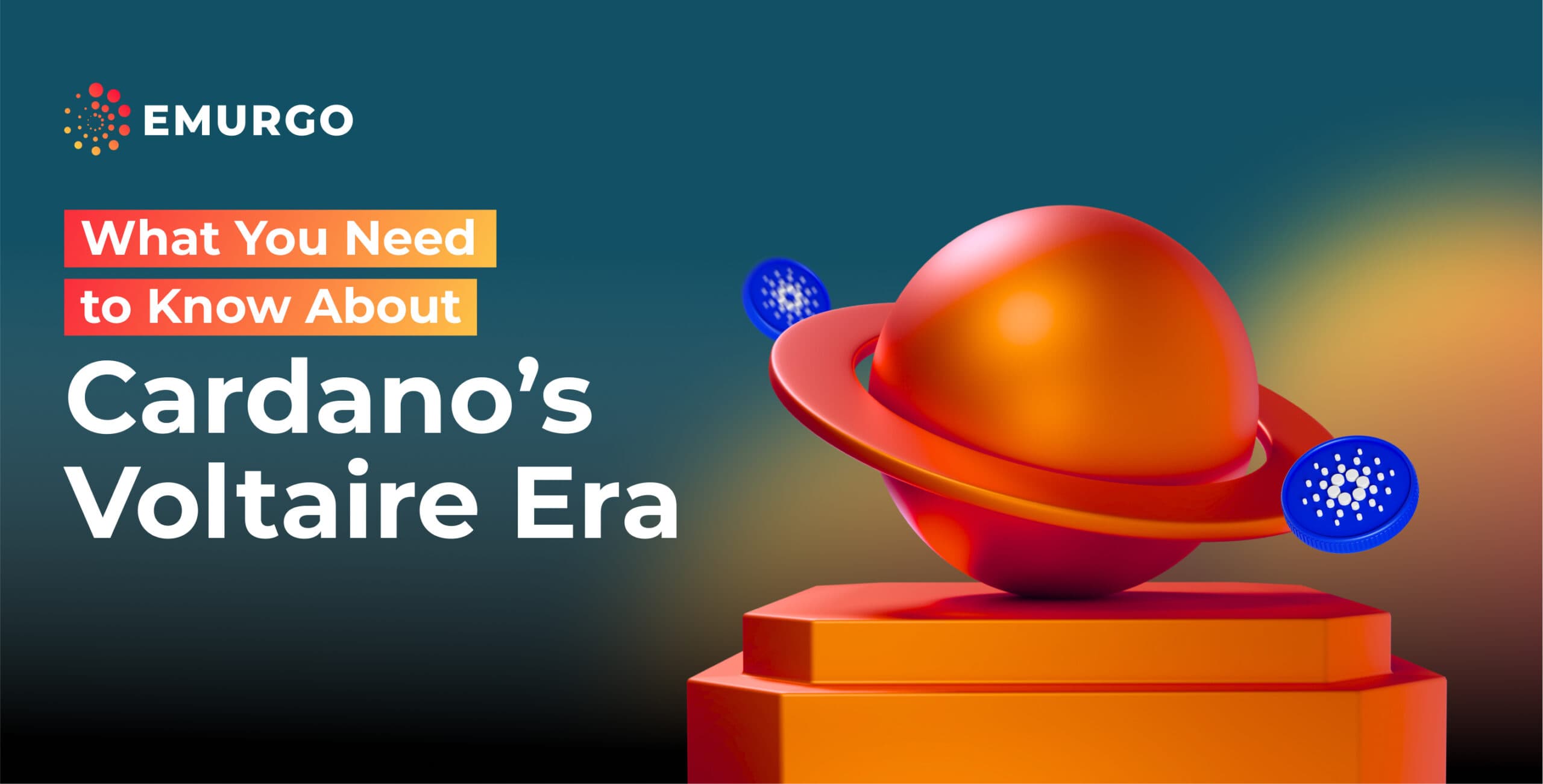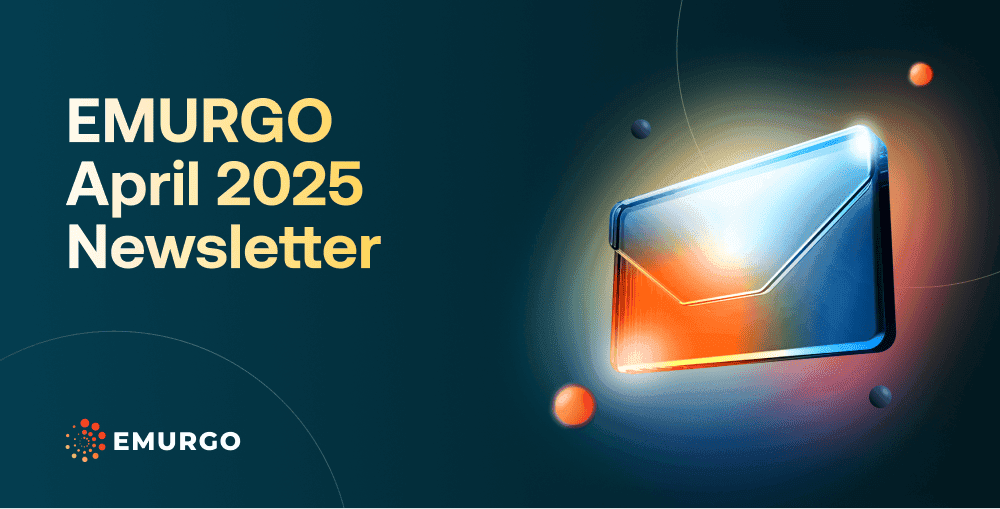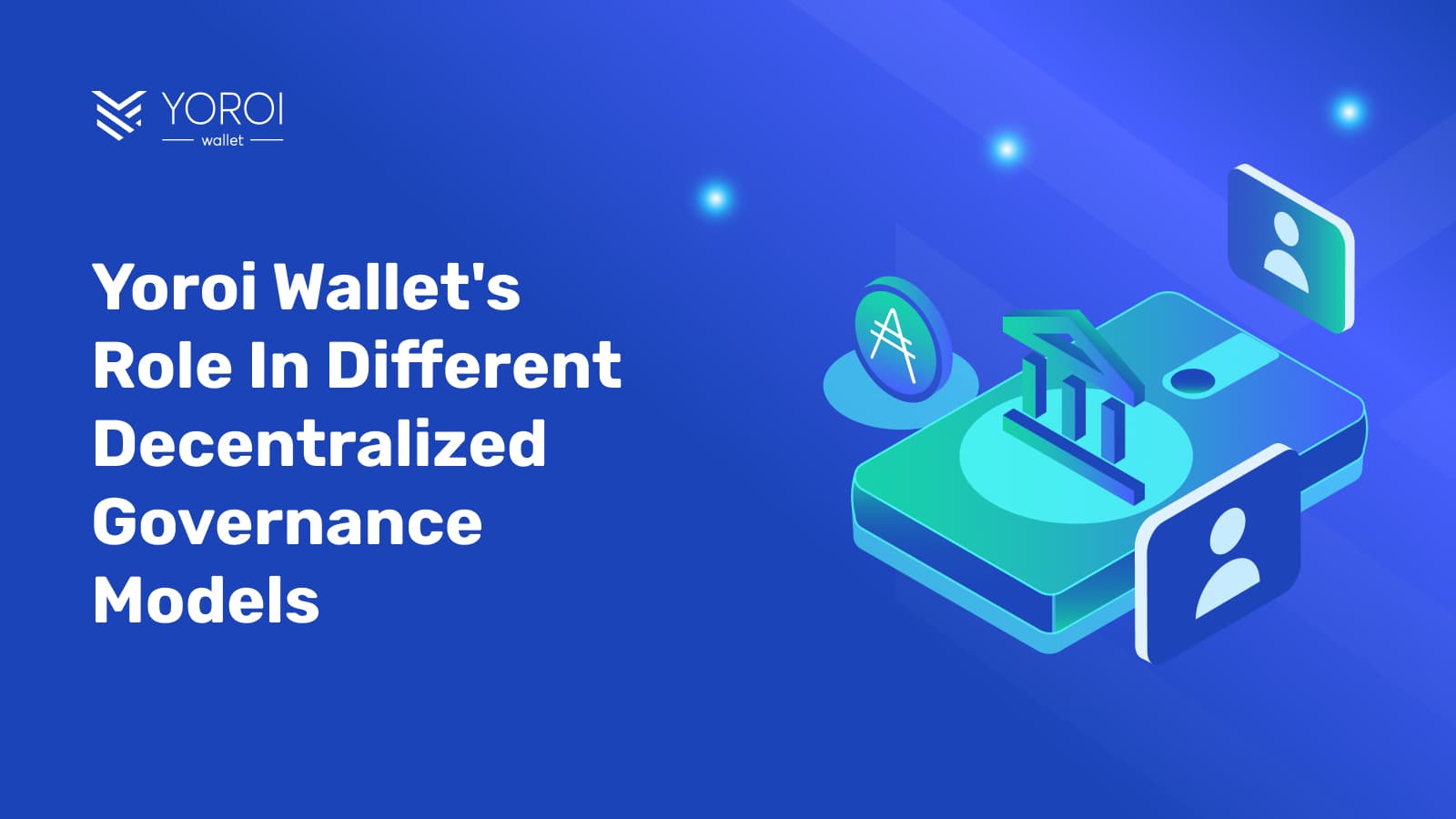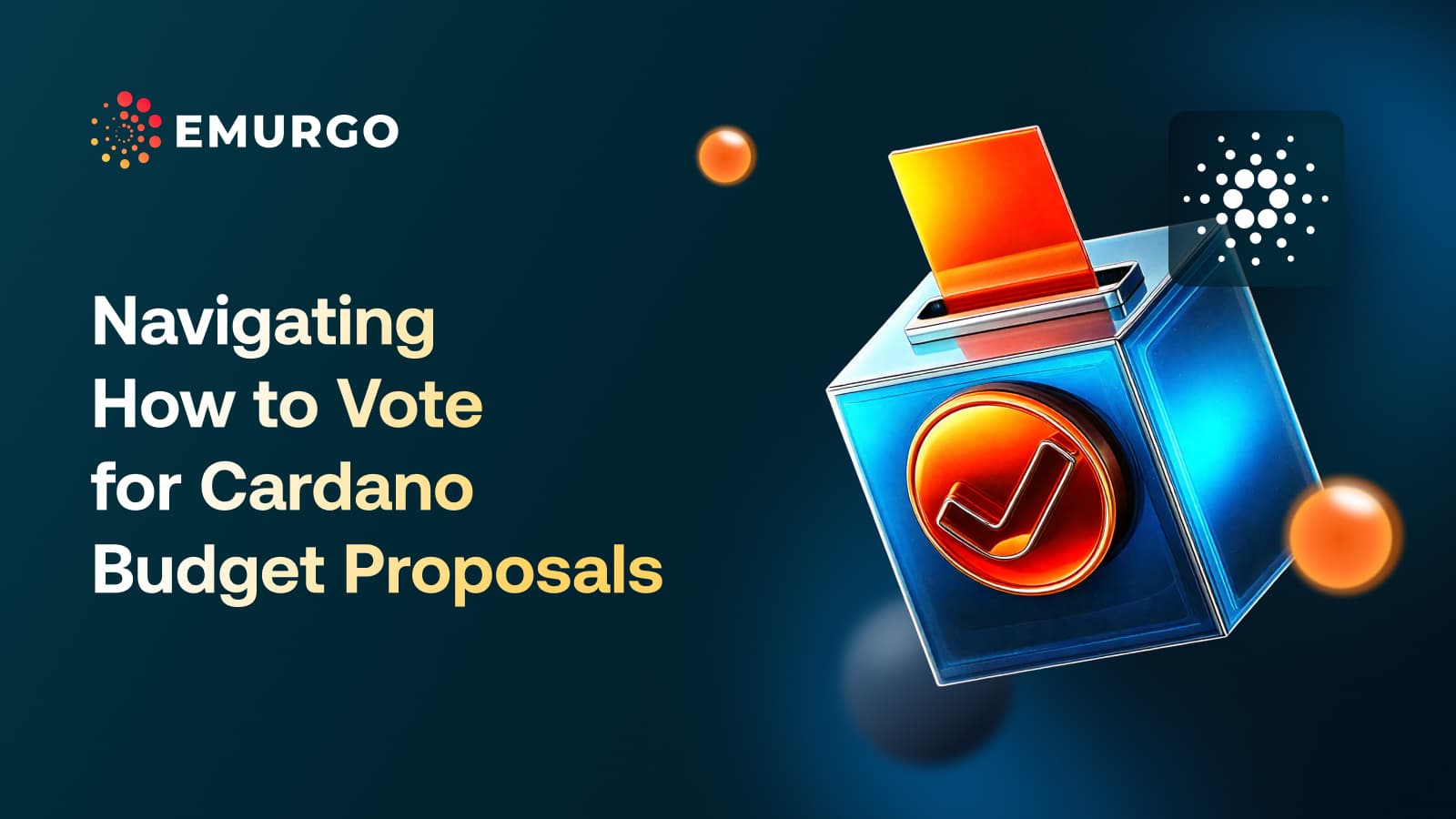The Cardano blockchain is one of the largest open-source and decentralized blockchain networks in crypto with a huge global community. Cardano has evolved from its inception by going through many technical upgrades to now being on the cusp of getting handed over to the community for governance moving forward.
With so much distributed development happening in Cardano including DeFi protocols, wallets, NFT dApps, stablecoins, and more, the global Cardano community is starting to address decentralized blockchain governance policies with the support of Cardano founding entities EMURGO, IOG, and The Cardano Foundation. These policies will settle Cardano voting policies, procedures, and other governance details for ADA holders.
Decentralized blockchain networks ultimately aim to be democratic and community-run with its members deciding voting policies and procedures that affect how it is run in the future.
This naturally leads to the question of:
how to effectively govern such a massive decentralized global network with millions of users and thousands of running applications?
This is the key question that Cardano’s Voltaire era, the final era in its roadmap, aims to answer.
Below, we will address this key question and further details you need to know about Cardano and Voltaire.
What is Cardano?

Cardano is an open-source decentralized blockchain and is the first blockchain to be designed and built according to scientific methods. It also uses an environmentally friendly proof-of-stake consensus protocol to power and secure its distributed network which consumes much less energy than other networks. The entire Cardano blockchain is around 60,000 times less energy intensive than Bitcoin [1].
By using programmable smart contracts, Cardano is not only able to validate transactions between people but also, self-executing contracts that process once programmed conditions are met. This means that certain financial products, for example, can be easily and securely launched using smart contracts.
The Cardano blockchain aims to be a scalable, interoperable, and sustainable blockchain that provides accessible economic services to all by being a platform that hosts decentralized applications for finance, digital property, identity, records, and more. It is scalable to be able to process a large number of transactions, interoperable with other blockchains and data systems, and sustainable for generations through robust governance policies.
Cardano’s innovative proof-of-stake consensus algorithm called Ouroboros powers its decentralized blockchain that provides users with low transaction fees with fast settlement times, a sustainable economic model, and the ability to scale and evolve with users having more control over the future of the network.
With this unique emphasis on scalability, interoperability, and sustainability using scientific peer-review methods to engineer Cardano, the ecosystem has been growing exponentially since its launch in September 2017 with millions of users worldwide.
With the technical foundation set for Cardano, the final topic for the Cardano community to address is decentralized governance.
What is Voltaire?

Voltaire is the final building era of the Cardano roadmap. From the beginning, Cardano’s development has been divided into several eras with each focusing on a different part of its technology. The Voltaire era deals with its governance by the community.
It is important to note that the development eras of Cardano are not happening in sequential order, but are happening in parallel due.
Cardano smart contracts, for example, were introduced as part of the previous Goguen era, but improvements and other optimizations to them are still ongoing.
The first steps in the discussion about Cardano’s future governance are underway with the community as the focus with support from EMURGO, IOG, and Cardano Foundation. As governance details will also influence the future direction of Cardano smart contracts, scalability solutions, side chains, and other solutions, the community must be involved.
Community voting and treasury systems
The two main aspects that Voltaire and Cardano’s governance aims to address are voting and treasury systems.
Voting is to ensure that the correct priorities are chosen by the community. The treasury systems deal with how to manage the financial resources of the Cardano network.
There will be three pillars in Cardano governance:
-
- MBO: The MBO is a key institution for the ecosystem, bringing together companies, developers, individuals, and other ecosystem participants to shape and drive the future development of Cardano.
-
- Constitution: The Constitution will define the rights and principles of those participating in the Cardano ecosystem.
-
- Democratic consent: All participants in the ecosystem should and must have an opportunity to give feedback and shape decisions.
Why is Voltaire important?

Governance is a critical piece of any community-based system. Most of the crises we have today have to do with failures in effective governance systems from deadlocks in legislatures, corporate corruption, economic instability, and more. Many of these are caused by poor governance systems.
This impact of bad governance systems has also previously been felt by the blockchain industry. One of the most important early community governance failures was the fight for the data size of a Bitcoin block. One side wanted to update the block size to about 5 megabytes to account for the increased use of the Bitcoin network. The other wanted to maintain the original 1-megabyte space and do some workarounds to fit more transactions.
In the end, neither side could convince the other, and the Bitcoin network was divided into two different blockchains Bitcoin (BTC) and Bitcoin Cash (BCH). Other forked versions came later which goes back to the idea of sustainability. Cardano is designed to prevent these sustainability issues by coming up with a fair governance system to last generations for a large user base.
Thus, Voltaire is critical to make the Cardano network a sustainable project by creating a dialogue with different stakeholders including ADA holders, Cardano developers, SPOs, and others. As more projects continue to launch on Cardano, many start having different priorities regarding which technologies to deliver first, where to allocate grants, which market to focus on, and many more.
A proper governance system will help to allocate resources efficiently by revealing the preferences of the participants.
Voltaire is addressing these points and starts the discussion on how to best deliver a representative system for an international network that can have millions of users.
Cardano after Voltaire
By now you may have realized how crucial the Voltaire era is for the future sustainability of Cardano. Many projects stumble when they try to incorporate community input and that leads to alienation and conflict inside the ecosystem.
Once Voltaire is in motion, the Cardano community will go from a passive watcher to an active entity when it comes to decision-making and steering of Cardano as a whole. The network will have a first-of-its-kind blockchain constitution meant to transparently and fairly rule over a decentralized network of community members.
To communicate directly with the community, EMURGO will be hosting an in-person Voltaire workshop in Tokyo, Japan in June 2023 along with support from IOG to discuss Cardano governance
Read more: All you need to know about the Tokyo Voltaire workshop
Follow EMURGO to stay up-to-date on Cardano

EMURGO is a founding entity of the Cardano blockchain and builds Web3 solutions on Cardano, educates aspiring Cardano developers, invests in startups building on Cardano, and informs Cardano enthusiasts on the latest developments in the Cardano ecosystem.
Working closely with Cardano ecosystem partners, EMURGO is committed to the development of the Cardano ecosystem for the global community.
To stay up-to-date on the latest announcements and news related to Cardano, follow EMURGO on Twitter and the official channels listed below.
About EMURGO
-
- Official Homepage: emurgo.io
-
- Twitter (Global): @EMURGO_io
-
- YouTube: EMURGO channel
-
- Discord: EMURGO Community
-
- Facebook: @EMURGO.io
-
- Instagram: @EMURGO_io
-
- LinkedIn: @EMURGO_io



